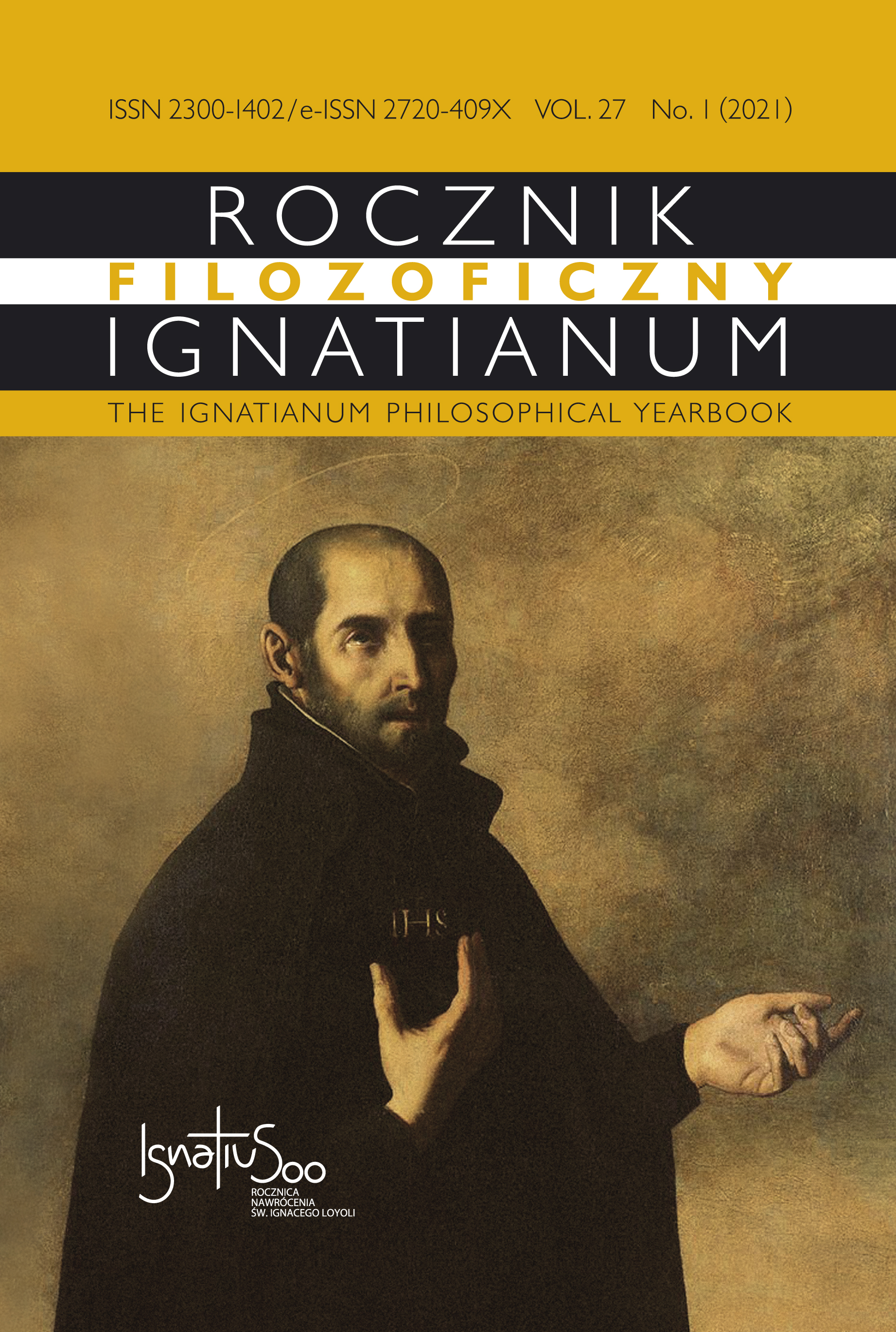Adam Mickiewicz about the Development of Civilization and the Progress of Science and Technology
Abstract
The aim of the article is to show Adam Mickiewicz’s attitude to the problems of civilization, scientific and technological progress. Despite the fact that the generation of the first Polish Romantics (of which Mickiewicz was a member) was generally interested in and artistically inspired by science and technology, a sense of antagonism between the “romantic” (intuitive-emotional) and scientific (rational-empirical) views of the world, which in principle excludes the possibility of reconciliation. In this perspective (especially in popular science), the Polish Romantics, led by Mickiewicz, still appear as reluctant towards science and its ways of learning about the world. Using Mickiewicz’s reflections on civilization as an example, the article shows the ambiguity and complexity of the Polish Romantics’ attitude to these issues. The sources for this article include Mickiewicz’s literary works (the lost Historia przyszłości [History of the Future], especially its first St Petersburg version), the series of Parisian Lectures (especially Course IV), press articles (An Excerpt from a Letter to one of the Editors published in Pielgrzym Polski), as well as letters and conversations between the poet and his friends. The source materials have been analyzed and interpreted in the context of the findings made so far in the literature on the subject (Polish-language literature is the most extensive in this respect). The article makes use of studies mainly of a historical and literary nature, on top of historical and cultural studies. The method of historical and literary analysis was applied, taking into account the wider historical and cultural context. The following conclusions emerge from the analyses and interpretations made: Mickiewicz, at least since the mid-1820s, closely followed the civilizational changes associated with the successive stages of the Industrial Revolution and their multidimensional effects, which he expressed in his writings. Mickiewicz’s reflection on civilization and the scientific and technological progress was a component of the poet’s other reflections, including those on the Enlightenment model of cognition and human knowledge, or on Western European civilization, a metropolitan one in which the poet lived (among other places, in Paris). Mickiewicz often combined his reflections on civilization also with historiosophical considerations with those on national issues. The poet’s attitude to issues of civilization was not unequivocal. According to him, the changes taking place gave rise both to hopes connected with the future use of scientific and technical inventions for the general good and to anxiety connected with the anticipated dangers of multifaceted transformations. Mickiewicz was primarily concerned about the spiritual and moral degradation of humanity.
Copyright (c) 2021 Jesuit University Ignatianum in Krakow

This work is licensed under a Creative Commons Attribution-NoDerivatives 4.0 International License.
The Yearbook only accepts materials for publication that are free of all conflicts of interest, and that in no way involve conflicts over authorship, copyright, etc. The Editors will take action against any cases of plagiarizing, ghostwriting1, guest/honorary authorship2, etc. Where co-authored work is concerned, the Author listed first is expected to take responsibility for the submission, and is required to make clear the contributions of all of the Co-Authors involved. In the event of the publication owing its existence to funding dedicated to this purpose, this fact should be made clear: e.g. in any note of thanks/acknowledgement, or in a footnote, etc. Explicit notification should be given of any form of reprinting, with the appropriate evidence of permission to publish being furnished as required. Any impropriety on the part of Authors/Reviewers risks exposing them to appropriate responses from the relevant institutions.
______
1 This term refers to instances of a person who has made an essential contribution being omitted from the list of authors, or from notes conveying gratitude and/or acknowledgement.
2 This occurs when a person who has made either an insignificant contribution or no contribution at all nevertheless appears on the list of authors.





